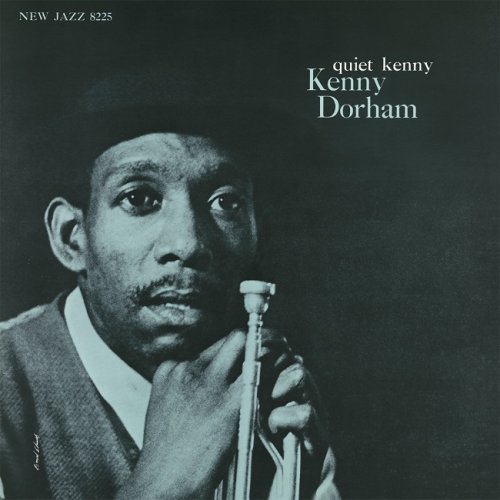

His own youthfulness of spirit enables him to establish rapport with these youngsters, and in turn, their particular kind of questing enthusiasm is communicated to him. At HARYOU-ACI, Kenny serves as a special musical consultant, advising the mernbers of the HARYOU-ACT big band, occasionally conducting rehearsals, arranging, and giving brass coaching. That is, if you keep your feelings and your ears open.” An additional index, aside from his own playing, of Kenny’s delight in challenge has been his work during 1964 with HARYOU-ACT, a pioneering concentration of activity in Central Harlem to motivate the youngsters there lo find and expand their capacities in everything from the arts to community organization for social change. His succinct answer was, “If you keep on living, you have to keep on growing. As critic-musician Don Heckman has observed in the notes to Joe Henderson’s In ‘n Out (Blue Note 4166), on which Dorham appears, Kenny, “with ems to be gaining additional articulateness, a surer voice than he had in the days when he was a more publicized player.” To which Andrew Hill, on important figure among the younger jazzmen, adds that Kenny remains open to experiment and is impressively flexible in conception as well as in execution.Īfter hearing this new Kenny Dorham album, I asked the trumpeter about what seemed to me the growing scope and depth of his recent work. Not so much in terms of added fame or a sudden access of material reward, but rather with regard to a growing realization within jazz that Kenny is still growing and can still surprise his colleagues and himself.

Kenny Dorham has been experiencing a personal renascence.


 0 kommentar(er)
0 kommentar(er)
